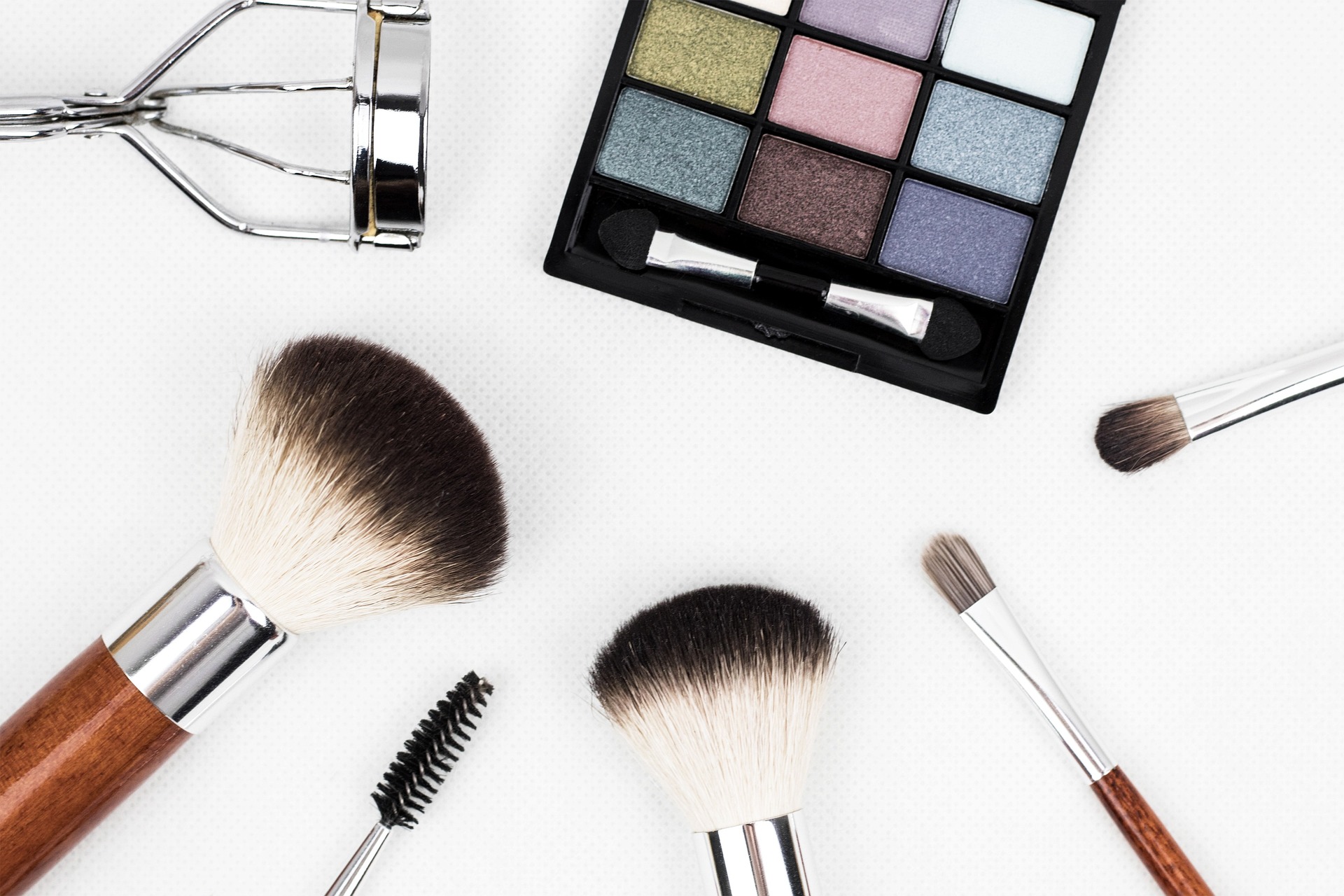
table of contents
Current status of cosmetics exports
Cosmetics for export are extremely popular in Asian countries, particularly China and Hong Kong, and export amounts are currently increasing year by year.
According to trade statistics from the Ministry of Finance, exports of cosmetics (16 items including skin care, hair care, makeup, and perfume) have been hitting record highs for six consecutive years. In 2016, exports exceeded imports, and are continuing to grow.
The main export destinations are China and Hong Kong, but there is also strong demand in South Korea and Singapore. Among the export cosmetics, high-priced skin care products such as lotions, serums, and emulsions are particularly popular.
High-quality Japanese cosmetics are becoming increasingly popular in Asian countries, and online purchases are on the rise. As a result, major cosmetics companies are strengthening their cross-border e-commerce operations.
Preparations required for exporting cosmetics
Cosmetics are subject to regulation under Japanese law, the Pharmaceuticals and Medical Devices Act (PMD Act), and depending on the conditions, it is necessary to obtain the necessary licenses and submit notifications, as in the following three cases.
- When exporting products that are distributed domestically in their original form, no permission or notification under the Pharmaceuticals and Medical Devices Act is required.
- If you wish to change the label or packaging of a product that is distributed domestically and then export it, you must submit an "Export Cosmetics Manufacturing Notification" to the Ministry of Health, Labour and Welfare.
- If you wish to export products with export specifications, you will need a "Cosmetics Manufacturing Business" license and the above-mentioned "Export Notification."
Certificates required for exporting cosmetics
When exporting cosmetics to Europe or ASEAN countries, a Good Manufacturing Practice (GMP) certificate may be required. This certificate certifies that the cosmetics meet the standards for manufacturing management and quality control under the appropriate building facilities in accordance with the Japanese Pharmaceutical Affairs Law.
Regarding export related documents
- Cosmetics manufacturing and sales certification
- Cosmetics manufacturing certification
- Certification regarding the manufacture (import) and sale of cosmetics
- Certification of cosmetics manufacturing (import) by manufacturer/distributor
- Manufacturer's Certificate for Cosmetic Manufacturing (Import)
These may be required depending on the export country.
If you want to start exporting, choose "DigiTrad"
This time, we brought you "How to export cosmetics? Explaining the basics."
STANDAGE uses its own trade cloud service to provide "Digitrad", a service that can "completely" handle trade for small and medium-sized enterprises. "Digitrad" allows you to develop overseas sales channels at low cost thanks to the application of IT introduction subsidies. We can also handle small-scale, low-value trade and domestic purchases that cannot be done by large trading companies, so please feel free to contact us.
category:Export Business
Tags: export
Related articles
-

Basic information on the food export process and necessary procedures
-

Explaining the benefits and challenges of small and medium-sized enterprises expanding overseas
-

What is cross-border e-commerce? How to get started and things to be aware of
-

What is an export business plan for agricultural, forestry, and fishery products or food? A look at export strategies
-

Basic knowledge of Vietnam trade and export (updated 2022)
-

Taiwan Trade and Export Basics (Updated 2022)